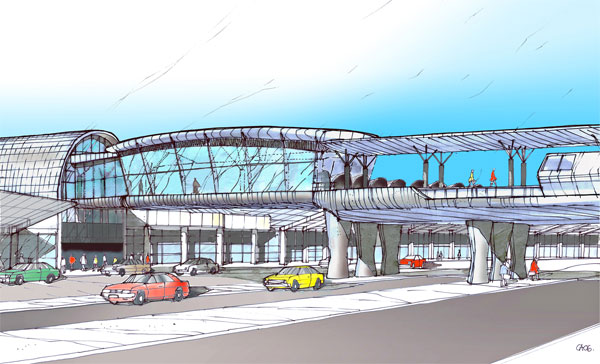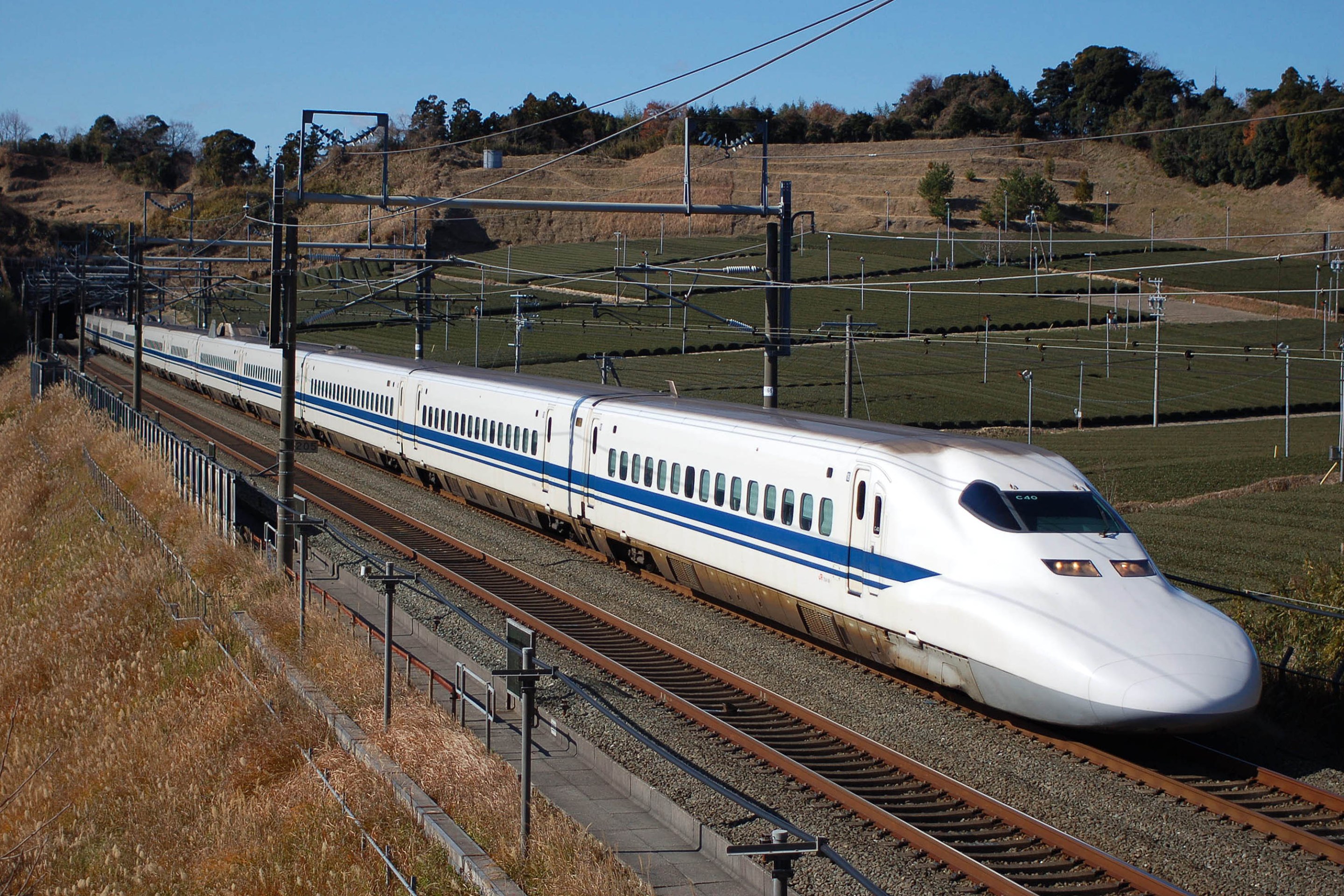
At a hastily scheduled board meeting today, BART's directors once again voted to approve the Oakland Airport Connector (OAC), this time granting General Manager Dorothy Dugger the flexibility to proceed with the contract, despite several outstanding sources of funding still unresolved.
BART needed to send strong signals to the contracting team of Parsons/Flatiron that the agency intended to move forward with the construction bid, which is set to expire on September 21st, one year after it was initially awarded. BART has been scrambling to fill a funding gap created when the Federal Transit Administration denied the agency $70 million in federal stimulus funds because it hadn't done a proper civil rights review.
In a previous motion from the July BART board meeting, Vice President Bob Franklin placed a provision on the contract that required staff to return for permission to proceed if various funding streams didn't come through as expected, including $25 million in federal New Starts money, a $20 million state funding swap from two highway projects and $39 million from the Port of Oakland, which is seeking permission from the Federal Aviation Administration to increase the Oakland Airport passenger surcharge.
At today's meeting, the board voted 7-1 to amend the previous motion and give Dugger permission to proceed with the contract regardless of when the $25 million New Starts money or the $20 million state swap come through, thereby assuring the contractors won't walk away from their bid.
Franklin and other board members who were concerned that the FTA hadn't indicated its position on the New Starts money felt vindicated after BART received a letter from FTA Administrator Peter Rogoff yesterday confirming FTA would grant the money when BART fully remedied its civil rights deficiencies.
"With that hail mary caught by Administrator Rogoff, my funding concerns were resolved," said Franklin.
Board President James Fang confirmed that several elected officials had been lobbying US DOT Secretary Ray LaHood on BART's behalf, noting with pride that Senator Diane Feinstein and Governor Arnold Schwarzenegger had been instrumental in moving the OAC forward.
"When no one really would help us, they stepped up to keep this project alive," said Fang, who added, "Let the dirt fly!"
Director Tom Radulovich, the lone dissenting vote on the board, initially declined to comment and seemed resigned to watch a project he had repeatedly voted against move forward. In the general public comment period of the meeting, however, he reconsidered and criticized the board for approving a project that could add more than $100 million to BART's debt load.
"A huge component of this is debt funding and that directly competes with BART's other capital funding needs," said Radulovich, who noted the Metropolitan Transportation Commission, the regional planning body, had identified over $7 billion in unfunded capital needs. "It is distressing to see all of these funds being diverted from those needs."
Project opponents, rather than belabor the same critiques of the project they had leveled over the previous year and half, struck a somewhat conciliatory tone and asked the board to work with them as diligently as they had with the OAC on core capacity funding, improving maintenance of facilities and retaining BART jobs.
"As we're seeing continued cuts in the other areas, I hope we can work in areas we agree on," said Bob Allen of Urban Habitat, one of the non-profits that brought the original civil rights complaint to the FTA.
"There have been a lot of promises on jobs, we will hold everyone accountable," he added, referring to BART's estimates the OAC will provide 2,500 to 5,000 direct, indirect and induced jobs. Urban Habitat has repeatedly pointed to the 689 direct jobs over four years of construction BART estimated it will create and said the other numbers are inflated. BART has defended its numbers, saying they are based on well-established national transit construction estimates.
Countering criticism that Urban Habitat only advocates for bus riders on Muni and AC Transit, Allen said he supports other BART capital projects, particularly those that improve core capacity. Allen vowed Urban Habitat will continue to "fight just as hard for BART [as Muni and AC Transit] and we will continue to do so."





